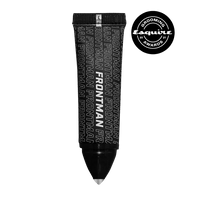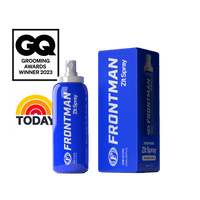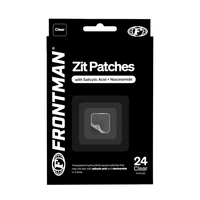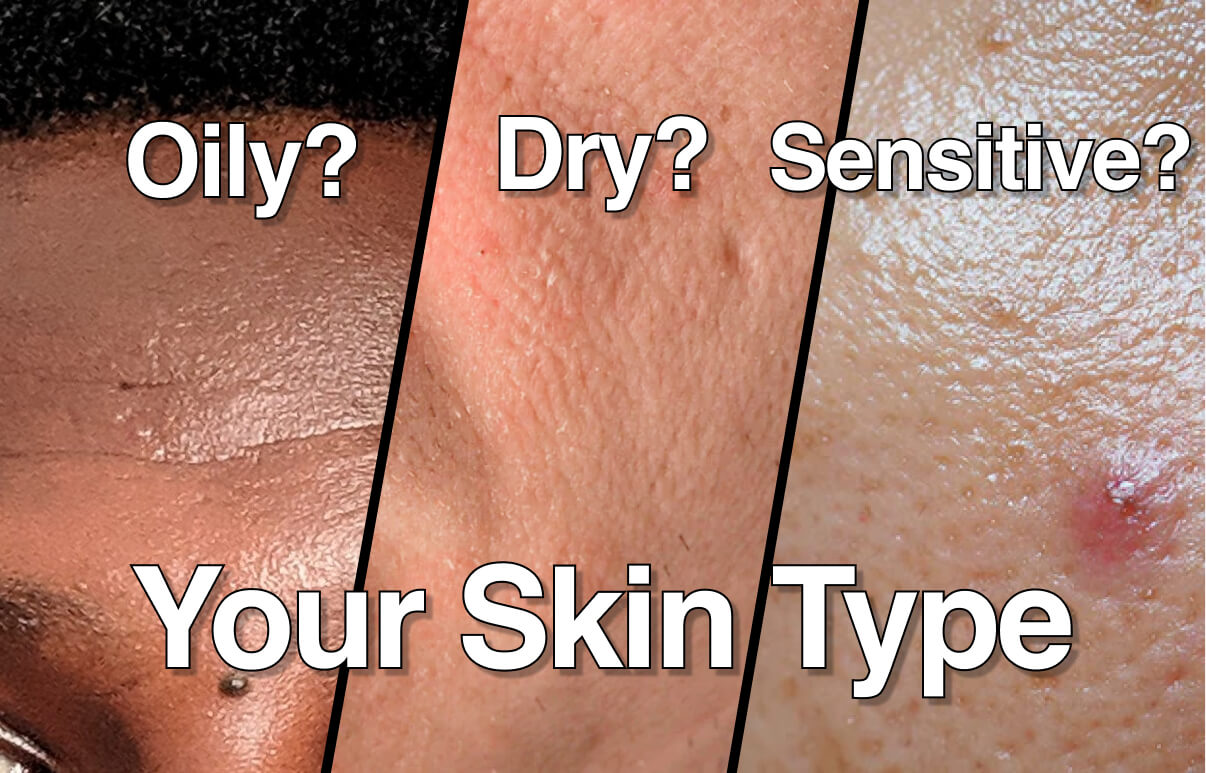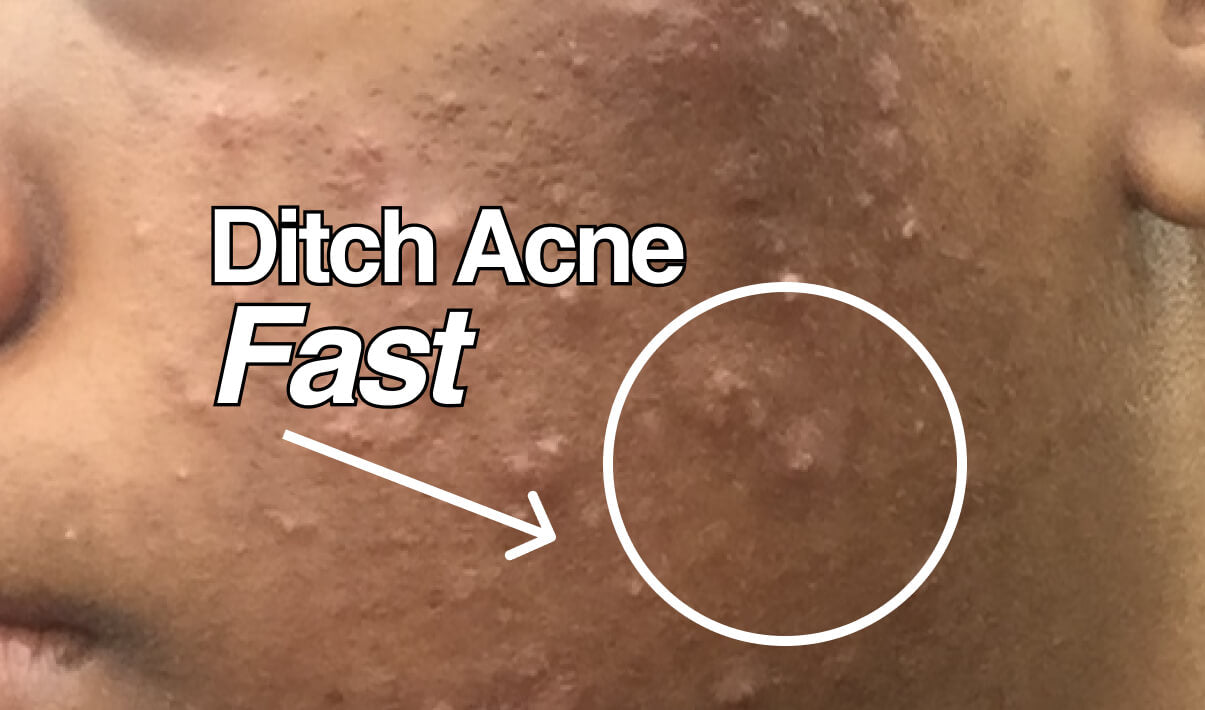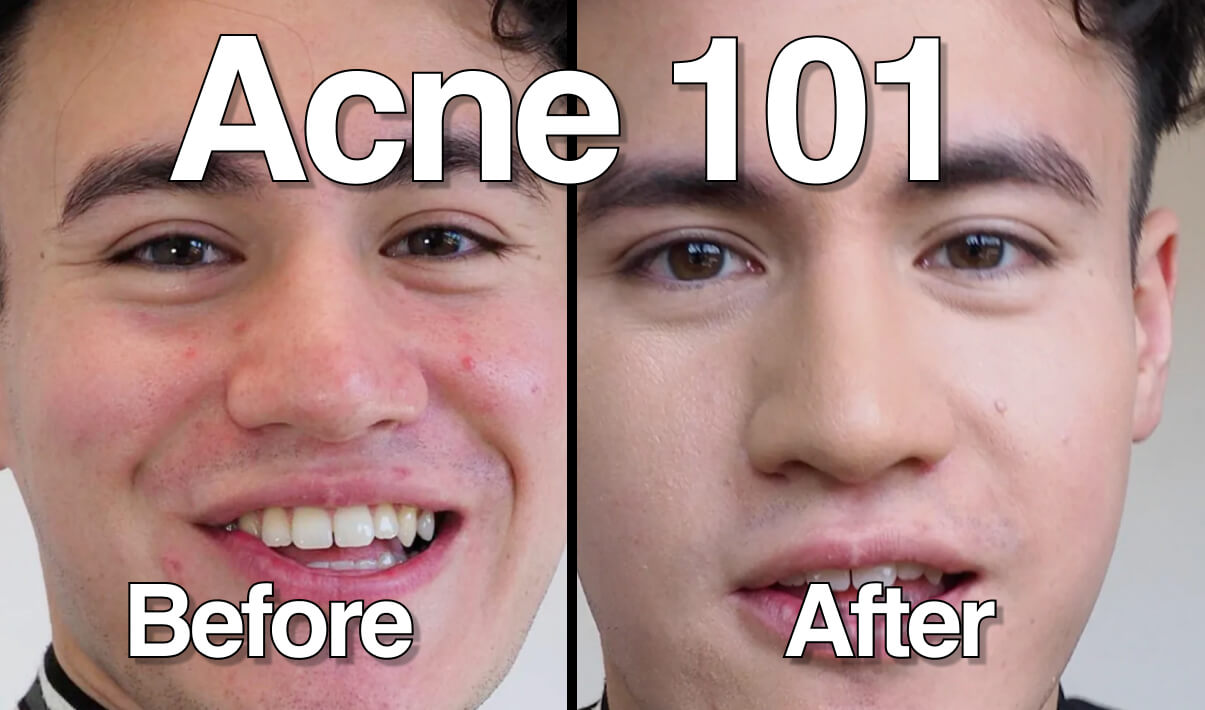In the world of skincare, we all deal with our fair share of skin troubles. At FRONTMAN, we're all about keeping things simple and clear. That's why we've broken down skin types into three categories: Dry, Oily, and Sensitive. This article is your easy guide to figuring out what your skin type is.
Dry Skin and Acne
Spotting Dry Skin: Dry skin comes with its own set of telltale signs. Do you see those annoying flaky patches around your nose or chin? Does your skin feel super tight, especially when the weather gets colder? And when you touch your forehead, is there no trace of oil on your fingertips? If this sounds like your skin, you probably have dry skin.
Taking Care of Dry Skin: If dry skin is your thing, stay away from products that shout "matte" or "mattifying." Those words mean they're designed to take away shine, which isn't great for dry skin, especially around your nose. Instead, look for products that focus on moisturizing and keeping your skin hydrated. Ones with Hyaluronic Acid, ceramides, or glycerin are particularly helpful to keep moisture in.
Oily Skin and Acne
Spotting Oily Skin: Oily skin has some obvious signs. Do you often notice a shine on your forehead or nose that's hard to ignore? When you touch your forehead, does it feel oily on your fingertips? And are breakouts a frequent visitor on your forehead or chin? If you answered yes to these questions, you're probably in the oily skin club.
Taking Care of Oily Skin: Having oily skin doesn't mean you're not taking care of your skin. It just means your skin is really good at producing oil. To manage it, avoid products that contain a ton of oil. Look for products that help control excess oil, like our Zit Wipes, without stripping too much away.
Sensitive Skin and Acne
Spotting Sensitive Skin: Sensitive skin is like your skin's version of a picky eater. Does trying a new product often result in red patches, hives, or irritation? Do you get razor burn on your face after shaving? If these sound familiar, your skin might fall into the sensitive category.
Taking Care of Sensitive Skin: If you have sensitive skin, stick to products that dermatologists approve of and those that use natural ingredients. Here's a quick tip: test a new product on a less visible area, like the back of your ear or a discreet part of your cheek, to see if your skin reacts to it. This is often called the "patch test". It's hard to know how each person's skin will react to new ingredients, as we all have unique responses, but look out for products that have active ingredients you've used before without issue.
Using Your Skin-Identity
Knowing how your skin reacts to different products helps you choose the right stuff for your skincare routine. While you might mainly relate to one skin type, don't be surprised if your skin throws in a mix of all three from time to time. Embrace your unique skin identity, and if you've got any questions, we're just a message away. Great skin begins with understanding your skin type, so let's get started!
